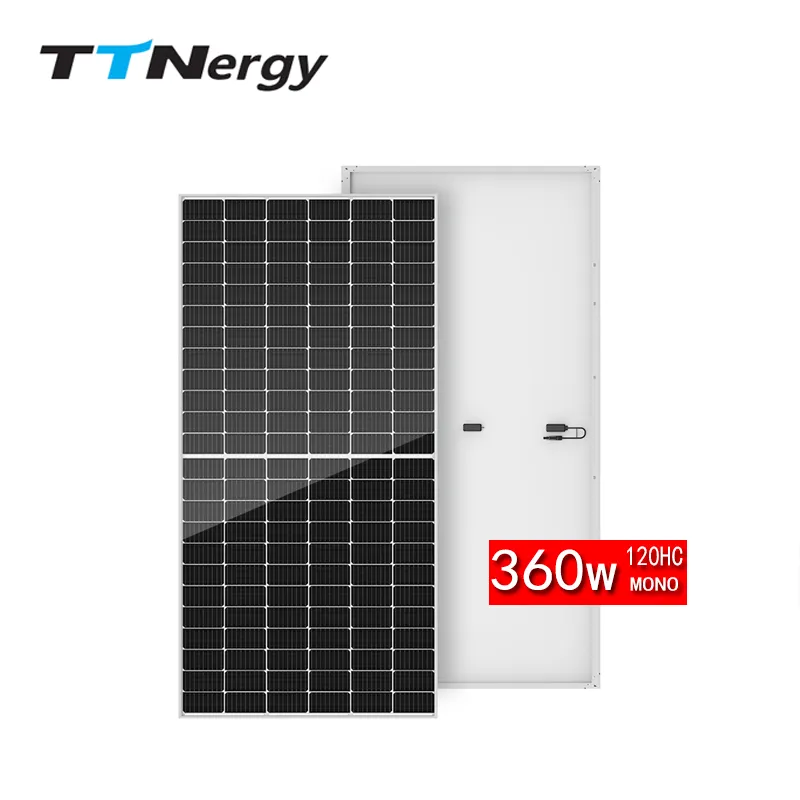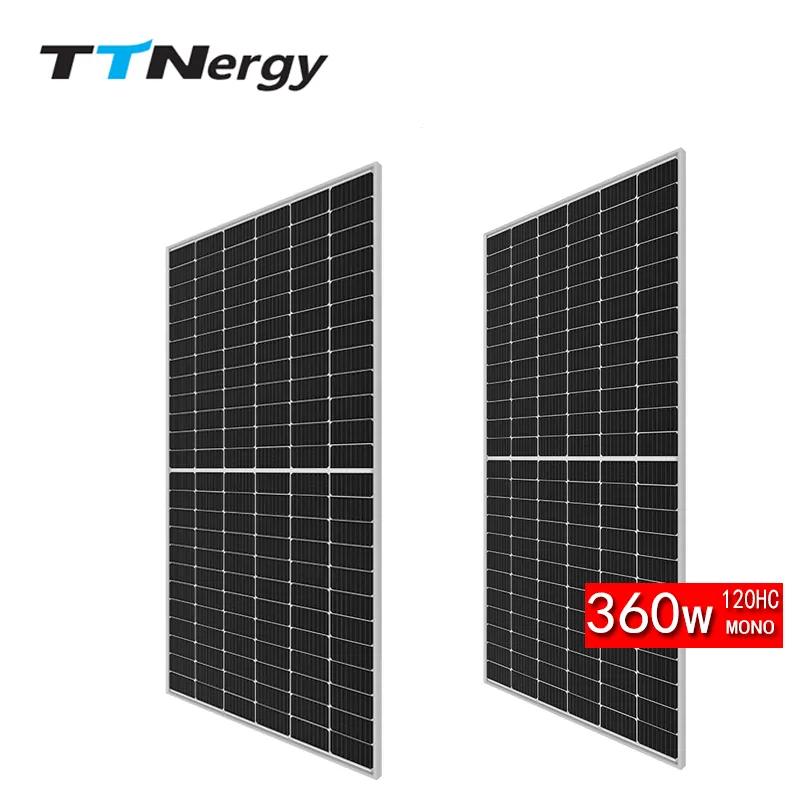When considering a 12kW solar system, a common question pops up: How many kWh does it produce? The distinction between kW and kWh can be a bit tricky. But fear not! We’re here to simplify things for you. By understanding this, you’ll have a clearer idea of how much energy your solar system can provide. Let’s illuminate this topic and see how much power the sun can offer through a 12kW system. Ready to learn and shine? Let’s go!

What can a 12kW solar system power?
A 12kW solar system produces around 12,000 watts per hour in full sun. That’s a lot of energy! Think of it this way: a light bulb typically uses 60 watts. So, with 12kW, you could power 200 light bulbs at once. Amazing, right?
But of course, we don’t just use light bulbs at home. Let’s talk about everyday items. A fridge can use around 100-200 watts per hour. So, your solar system could easily power 60 fridges at the same time!
Now, consider other appliances. A TV uses around 100 watts per hour. Computers might use up to 400 watts. And washing machines? About 500 watts per wash. With a 12kW system, running these together is no problem.
Also, remember air conditioning? Some use up to 2000 watts. But even then, you can run six AC units simultaneously!
In a regular home, you’d have lights, appliances, and maybe AC. So, a 12kW system should cover all your needs and maybe more. It’s always good to have extra energy, right?
How many kwh does a 12kw solar system produce?
Alright! Let’s start with how many kWh a 12kW solar system produces. This topic is both fascinating and crucial for those considering solar power.
Basics First: Understanding kW and kWh
A “kW” stands for kilowatt. It measures power, or the rate of energy production. However, “kWh” stands for kilowatt-hour. It measures energy or the total amount produced over time. Imagine a tap filling a bucket with water. kW is the speed the water flows, and kWh is how much fills the bucket over an hour.
The Simple Math
Now, if a solar system is rated at 12kW, it means, in perfect conditions, it produces 12 kilowatts in an hour. So, in one hour of peak sunlight, it would produce 12kWh. Simple, right?
But, It’s Not Just About One Hour
We don’t just have one hour of sunlight a day. Let’s say there are 5 peak sunlight hours in a day. Multiply those 5 hours by 12kW. That’s 60 kWh per day! Over a month, this could mean 1,800 kWh. Now, that’s impressive!
Real-World Scenarios
But wait, not every day is perfect. Weather varies. Some days might be cloudy. Others might have shorter sunlight hours, especially in winter. So, while our math gave us an ideal number, real-world production might be less. But even on cloudy days, solar panels still produce energy, just not at their maximum rate.
Geographic Location Matters
Where you live plays a big role. A sunny place like Arizona? More production! A cloudy region like Seattle? A bit less. But don’t get discouraged. Even in less sunny areas, solar systems can produce a surprising amount of energy.
Panel Direction and Tilt
The direction your panels face and their tilt also affect production. In the northern hemisphere, south-facing panels are the best. They catch the most sunlight throughout the day. The tilt should ideally match your latitude. So, if you’re at 40 degrees north, a 40-degree tilt is good. But, many homeowners opt for a tilt that matches their roof’s angle. That works well too!
Panel Efficiency and Maintenance
Not all solar panels are the same. Some are more efficient than others. Higher efficiency means more energy from the same sunlight. Also, keep your panels clean! Dust, bird droppings, or leaves can reduce the energy they capture. Regular check-ups help your system perform at its best.
Solar Degradation
Here’s a little-known fact: Solar panels degrade over time. But don’t worry too much. It’s usually very slow, like 0.5% per year. So, after 10 years, they might produce 5% less energy. But by then, you’d have enjoyed so much clean energy already!
Inverter Efficiency
Remember, the energy from solar panels is direct current (DC). Our homes use alternating current (AC). So, an inverter changes DC to AC. But inverters aren’t 100% efficient. Most modern inverters are about 95-99% efficient. This means a small portion of energy gets lost in the conversion. But, technology is improving every day. Inverters are becoming more and more efficient.
Storage Solutions and Energy Loss
Some homeowners use battery storage for their solar energy. This lets them use solar power even at night. But, like inverters, batteries aren’t 100% efficient. Some energy gets lost during storage and retrieval. Still, having a battery can be a game-changer, especially during power outages.

Conclusion
So, how many kWh does a 12kW solar system produce? In ideal conditions, you’re looking at 60 kWh a day, or 1,800 kWh a month. However real-world factors like location, weather, panel direction, and efficiency can change this number. However, one thing’s for sure: a 12kW system can produce a significant amount of energy. It’s an exciting way to cut down electricity bills and reduce carbon footprints. If you’re thinking about solar, a 12kW system is a great choice. Utilize the power of the sun to illuminate your life!
